Neoconservative Neo-Objectivism
Explore the best neoconservative Neo-Objectivism books—essential reads for understanding this ideological fusion. Discover key works blending conservative thought with Objectivist principles.
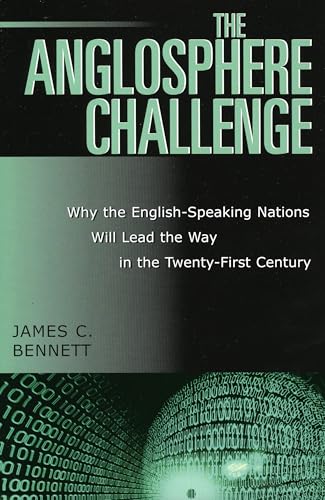
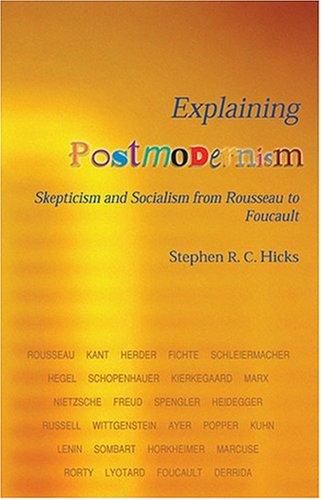

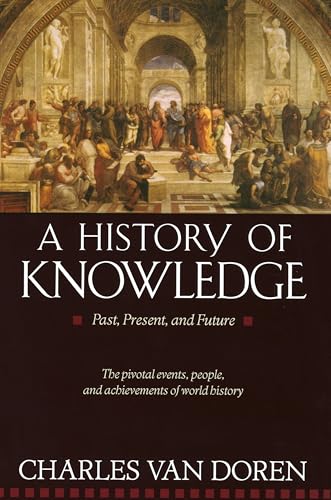



Book
The Clash of Civilizations and the Remaking of World Order
by Samuel P. Huntington
Based on the author's seminal article in Foreign Affairs, Samuel P. Huntington's The Clash of Civilizations and the Remaking of World Order is a provocative and prescient analysis of the state of world politics after the fall of communism. In this incisive work, the renowned political scientist explains how "civilizations" have replaced nations and ideologies as the driving force in global politics today and offers a brilliant analysis of the current climate and future possibilities of our world's volatile political culture.
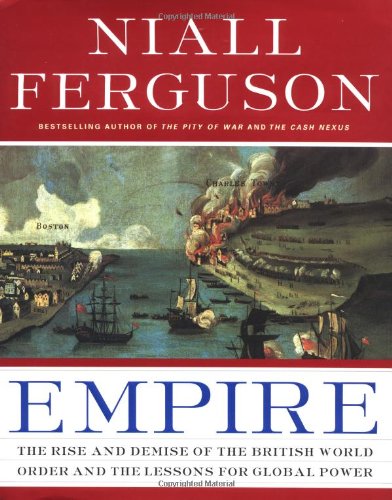
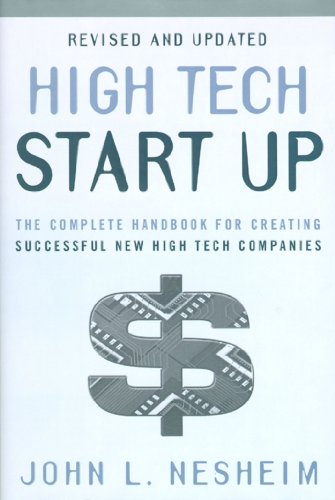

Book
The Age of Spiritual Machines
by Ray Kurzweil
NATIONAL BESTSELLER • Bold futurist Ray Kurzweil, author of The Singularity Is Near, offers a framework for envisioning the future of machine intelligence—“a book for anyone who wonders where human technology is going next” (The New York Times Book Review). “Kurzweil offers a thought-provoking analysis of human and artificial intelligence and a unique look at a future in which the capabilities of the computer and the species that invented it grow ever closer.”—BILL GATES Imagine a world where the difference between man and machine blurs, where the line between humanity and technology fades, and where the soul and the silicon chip unite. This is not science fiction. This is the twenty-first century according to Ray Kurzweil, the “restless genius” (The Wall Street Journal), “ultimate thinking machine” (Forbes), and inventor of the most innovative and compelling technology of our era. In his inspired hands, life in the new millennium no longer seems daunting. Instead, it promises to be an age in which the marriage of human sensitivity and artificial intelligence fundamentally alters and improves the way we live. More than just a list of predictions, Kurzweil’s prophetic blueprint for the future guides us through the inexorable advances that will result in: • Computers exceeding the memory capacity and computational ability of the human brain (with human-level capabilities not far behind) • Relationships with automated personalities who will be our teachers, companions, and lovers • Information fed straight into our brains along direct neural pathways Eventually, the distinction between humans and computers will have become sufficiently blurred that when the machines claim to be conscious, we will believe them.


Book
The Lexus and the Olive Tree
by Thomas L. Friedman
From one of our most perceptive commentators and winner of the National Book Award, a comprehensive look at the new world of globalization, the international system that, more than anything else, is shaping world affairs today. As the Foreign Affairs columnist forThe New York Times, Thomas L. Friedman has traveled the globe, interviewing people from all walks of contemporary life: Brazilian peasants in the Amazon rain forest, new entrepreneurs in Indonesia, Islamic students in Teheran, and the financial wizards on Wall Street and in Silicon Valley. Now Friedman has drawn on his years on the road to produce an engrossing and original look at globalization. Globalization, he argues, is not just a phenomenon and not just a passing trend. It is the international system that replaced the Cold War system; the new, well-greased, interconnected system: Globalization is the integration of capital, technology, and information across national borders, in a way that is creating a single global market and, to some degreee, a global village. Simply put, one can't possibly understand the morning news or one's own investments without some grasp of the system. Just one example: During the Cold War, we reached for the hot line between the White House and the Kremlin--a symbol that we were all divided but at least the two superpowers were in charge. In the era of globalization, we reach for the Internet--a symbol that we are all connected but nobody is totally in charge. With vivid stories and a set of original terms and concepts, Friedman offers readers remarkable access to his unique understanding of this new world order, and shows us how to see this new system. He dramatizes the conflict of "the Lexus and the olive tree"--the tension between the globalization system and ancient forces of culture, geography, tradition, and community. He also details the powerful backlash that globalization produces among those who feel brutalized by it, and he spells out what we all need to do to keep the system in balance. Finding the proper balance between the Lexus and the olive tree is the great drama of he globalization era, and the ultimate theme of Friedman's challenging, provocative book--essential reading for all who care about how the world really works.